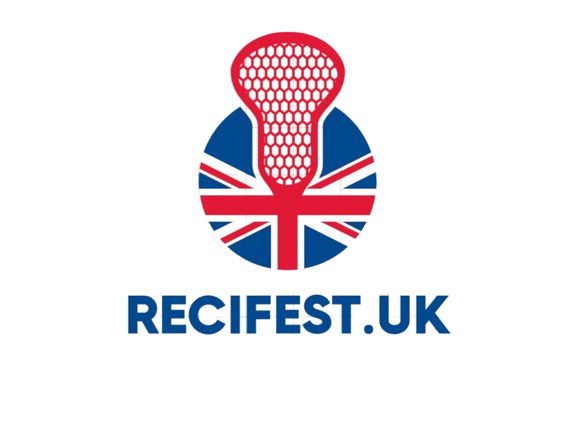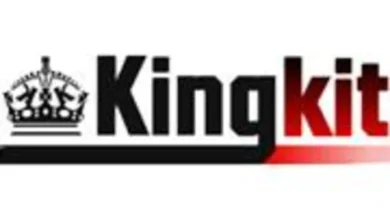Careers in Festival Planning: Building the Perfect Event Management Resume

Festival planning is a dynamic and exciting field within the broader event management industry. It involves coordinating everything from large-scale music festivals to local cultural events, requiring a blend of creativity, organization, and business acumen. If you’re looking to build a career in festival planning, crafting a strong, well-targeted resume is essential. This article will guide you through the key components of an effective event management resume, tailored specifically for festival planning.
Understanding the Role of a Festival Planner
Before diving into resume specifics, it’s important to understand what festival planning entails. As a festival planner, your role might include:
- Logistics Coordination: Managing schedules, booking venues, arranging transportation, and coordinating with vendors.
- Budget Management: Overseeing the financial aspects, including budgeting, tracking expenses, and negotiating contracts.
- Marketing and Promotion: Developing strategies to attract attendees, including social media campaigns, partnerships, and advertising.
- Team Leadership: Leading a team of staff and volunteers, ensuring everyone is aligned with the event’s goals.
- Problem-Solving: Handling unexpected challenges, such as weather issues, equipment failures, or last-minute cancellations.
These responsibilities highlight the need for a diverse skill set, which should be reflected in your resume.
Key Sections of a Festival Planning Resume
A well-crafted resume for a festival planner should include several key sections:
- Contact Information
- Ensure your full name, phone number, email address, and LinkedIn profile are clearly listed at the top of your resume. Consider adding a link to your professional portfolio or website if relevant.
- Professional Summary
This is a brief statement (2-3 sentences) summarizing your experience, skills, and career objectives. For example:
“Dynamic festival planner with 5+ years of experience in organizing large-scale music and cultural events. Proven track record in budget management, logistics coordination, and team leadership. Seeking to leverage my expertise to create memorable and successful festivals.”
- Core Competencies
- Highlight your key skills in a bullet-point format. Focus on those that are most relevant to festival planning, such as:
- Event Logistics
- Budgeting & Financial Management
- Marketing & Promotion
- Vendor Negotiation
- Team Leadership
- Crisis Management
- Highlight your key skills in a bullet-point format. Focus on those that are most relevant to festival planning, such as:
- Professional Experience
This section should detail your previous roles, focusing on accomplishments rather than just duties. Use bullet points to describe your achievements in each position, quantifying your impact whenever possible. For example:
Festival Coordinator | FestivalXYZ Events, New York, NY | June 2019 – Present
– Successfully coordinated logistics for a 10,000-attendee music festival, managing a $500,000 budget and reducing costs by 15% through strategic vendor negotiations.
– Led a team of 50 staff and 200 volunteers, ensuring smooth event execution and positive attendee feedback.
– Developed and implemented a marketing strategy that increased ticket sales by 25% year-over-year.
- Education
List your educational background, including degrees, certifications, and relevant coursework. If you have specialized training in event management or festival planning, be sure to highlight it here. For example:
Bachelor of Arts in Event Management | University of California, Los Angeles | 2015
Certified Meeting Professional (CMP) | Events Industry Council | 2018
- Additional Skills
- Include any additional skills that are relevant but not necessarily part of your core competencies. For example, proficiency in event management software (e.g., Cvent, Eventbrite), foreign languages, or knowledge of health and safety regulations.
- Volunteer Experience
- Festival planning often involves managing volunteers, so showcasing your own volunteer experience can be valuable. Highlight any roles where you organized or participated in events, particularly if they were related to festivals.
- Portfolio or Case Studies
- If applicable, consider including a link to your portfolio or brief case studies of past festivals you’ve managed. This can provide concrete examples of your work and demonstrate your ability to deliver successful events.
Tips for Tailoring Your Resume
- Customize for Each Application: Tailor your resume to each specific job you apply for by emphasizing the skills and experiences most relevant to that particular festival planning role.
- Use Action Verbs: Start each bullet point in your professional experience section with strong action verbs like “coordinated,” “managed,” “led,” “negotiated,” or “developed.”
- Quantify Achievements: Whenever possible, quantify your achievements (e.g., “increased attendance by 20%,” “managed a budget of $300,000,” “coordinated 15 events annually”).
- Highlight Soft Skills: Festival planning requires strong interpersonal skills, such as communication, leadership, and problem-solving. Be sure to showcase these, either in your core competencies or through specific examples in your experience section.
The Importance of Networking and Continuous Learning
In addition to a strong resume, networking is crucial in the festival planning industry. Attend industry events, join professional organizations (e.g., the International Live Events Association), and connect with other professionals on LinkedIn. Continuous learning is also key; consider pursuing additional certifications or attending workshops to stay updated on the latest trends and technologies in event management.
Conclusion
Building the perfect event management resume for a career in festival planning requires a combination of showcasing relevant experience, emphasizing key skills, and tailoring your application to each specific role. By following the tips outlined in this article, you can create a resume that effectively highlights your qualifications and positions you as a top candidate in the competitive world of festival planning.




